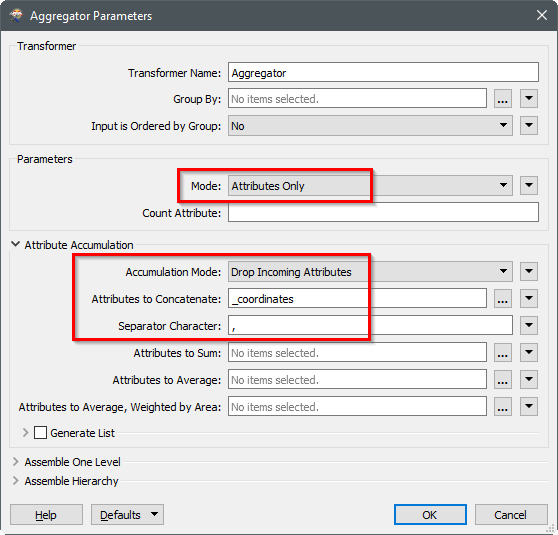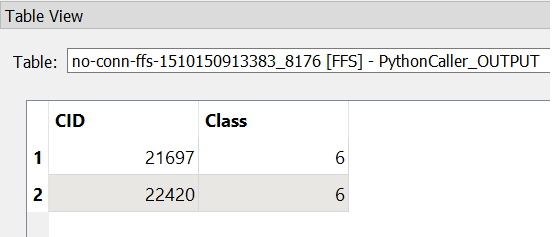Can somebody please help me understand how to use the python caller? I have looked at tutorials, older code and even help for the error i get which is - Python Exception <NameError>: global name '_file_contents' is not defined
I am unable to resolve this. I need to match the coordinates in my shapefile to the coordinates in my point cloud file and extract the point cloud classification data. I have a number of unresolved issues with my logic but my important question is the following
How do I import and manipulate attribute values in a python caller in fme?
In my workspace, I have a shapefile with 12 points. I am extracting the coordinates of it and storing it as a string in the _file_contents variable [in format (x,y),(x,y), ]. I need to perform a lot of manipulations on this but to understand if I am using the transformer correctly, I am performing this first basic function of removing the last comma from my string. However, I keep getting the error I have posted above.
I have attached my template file -





